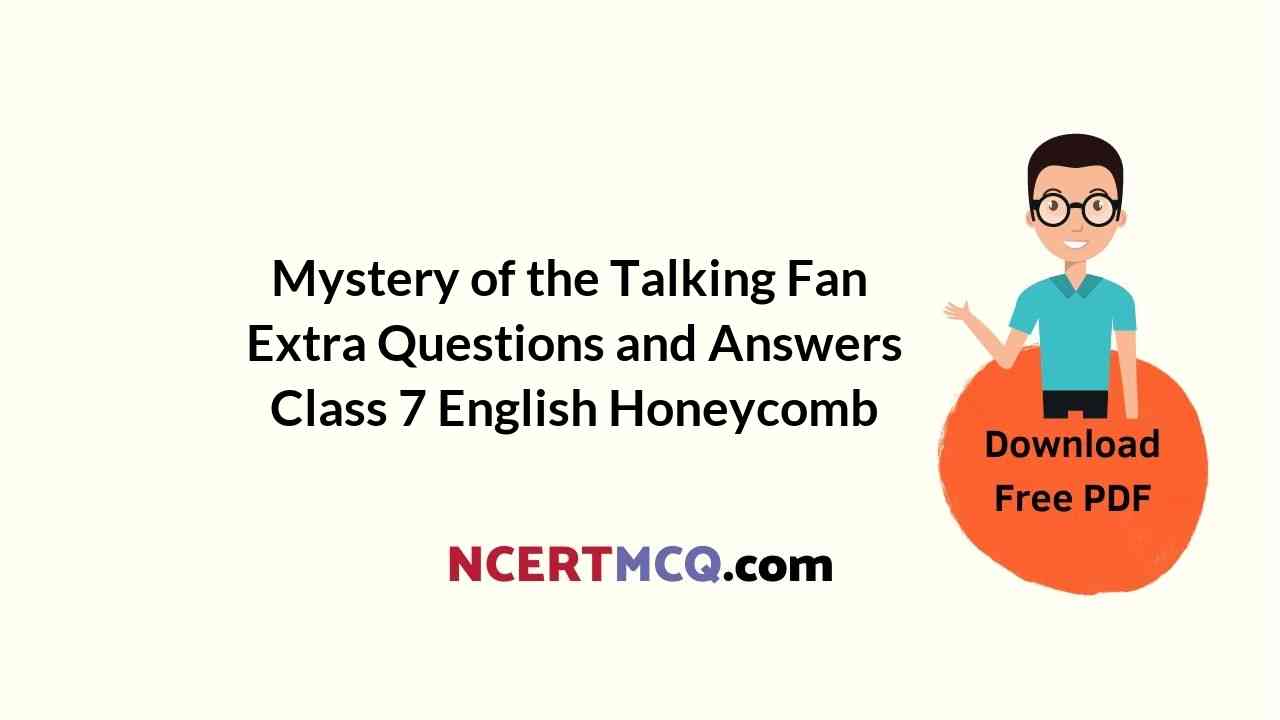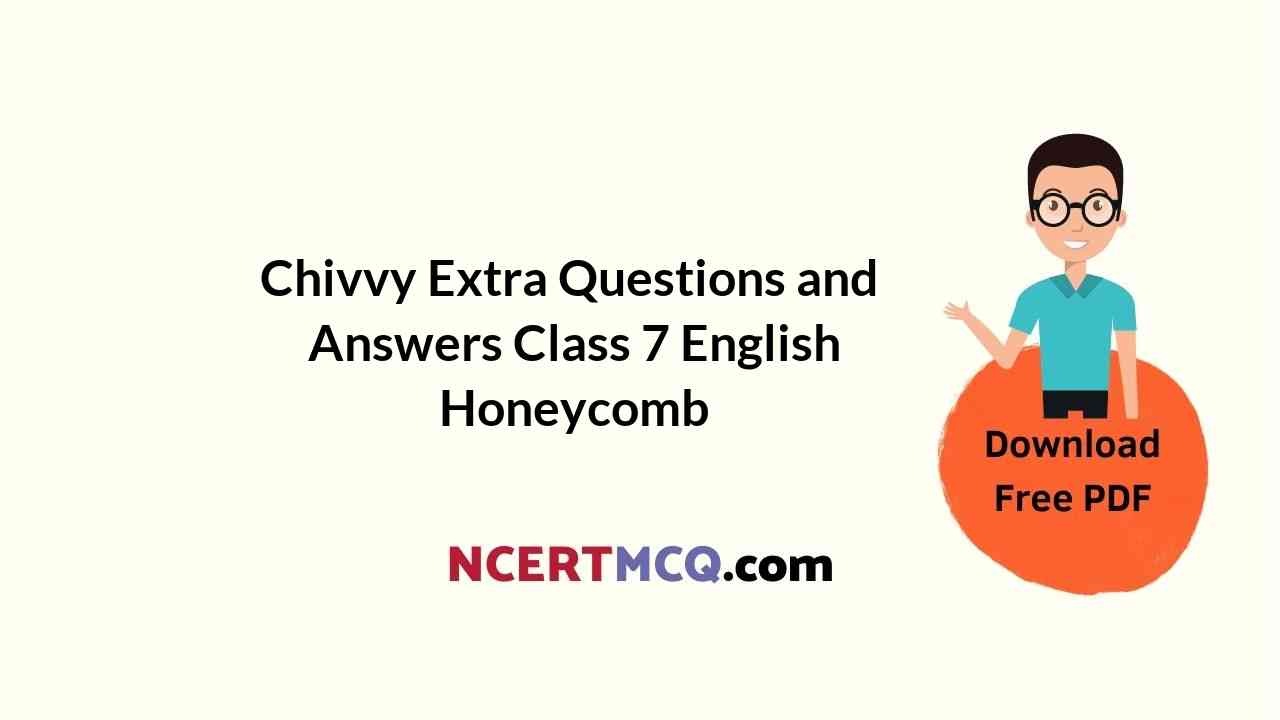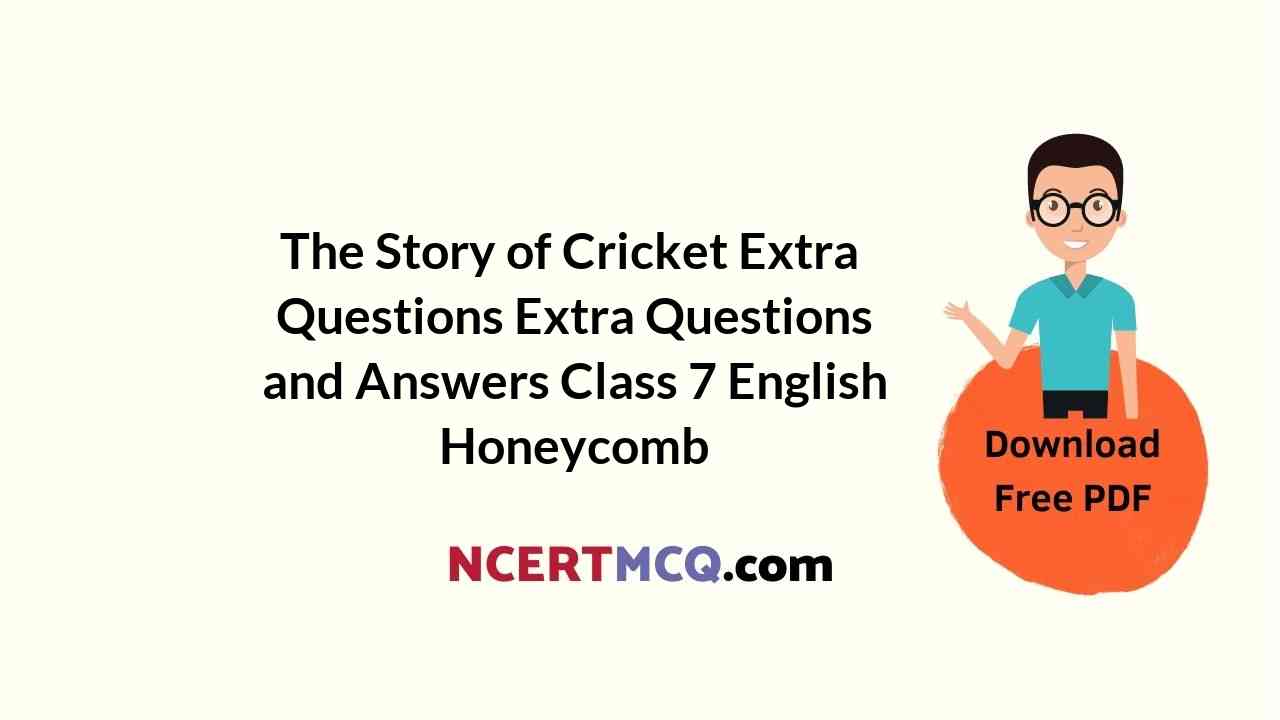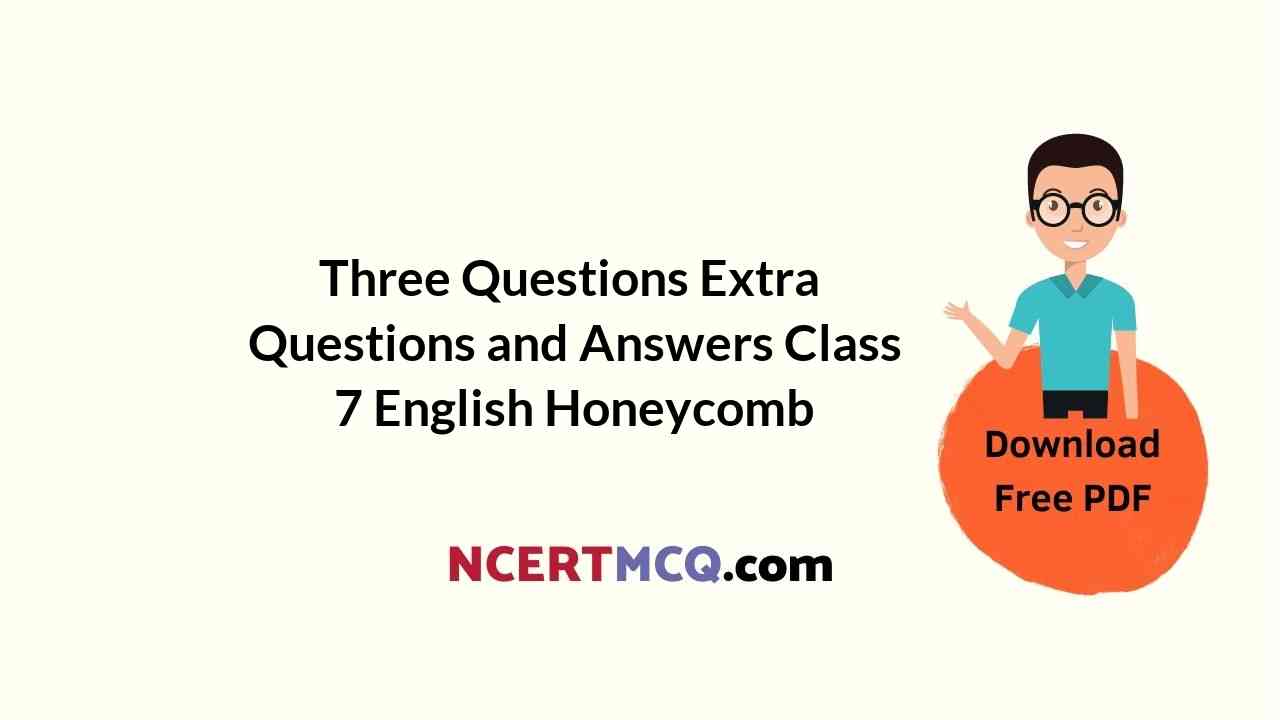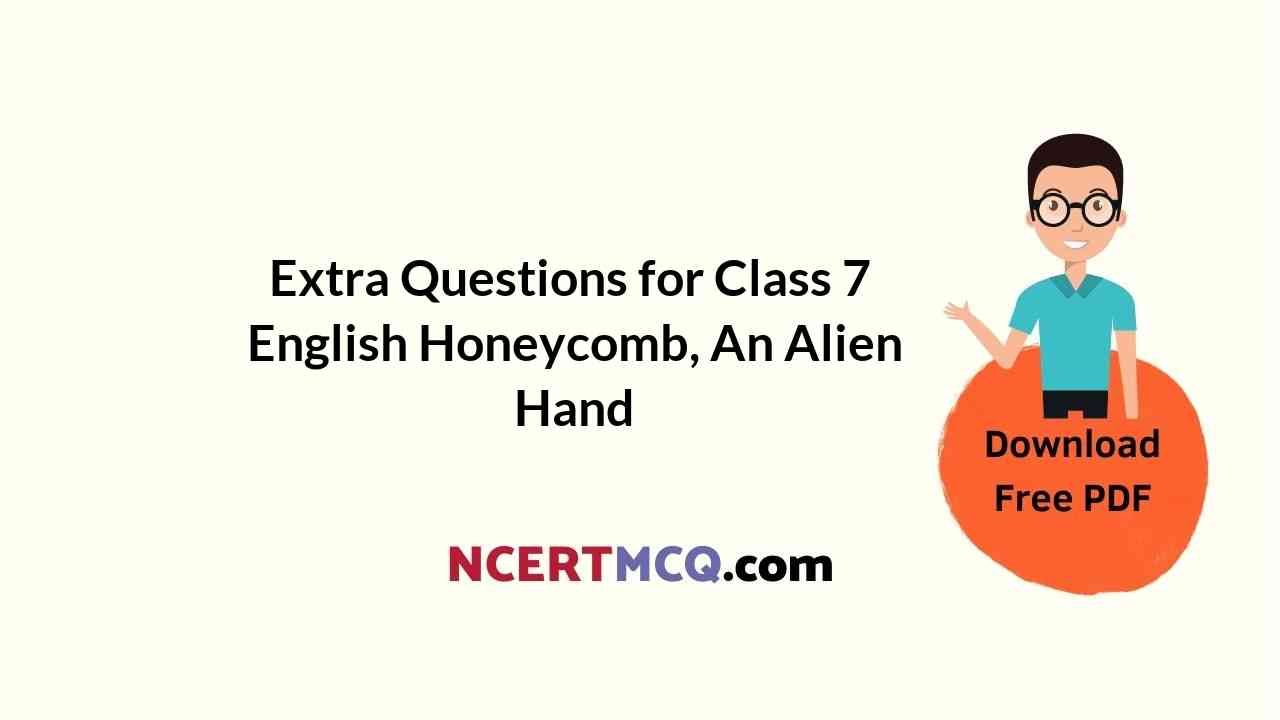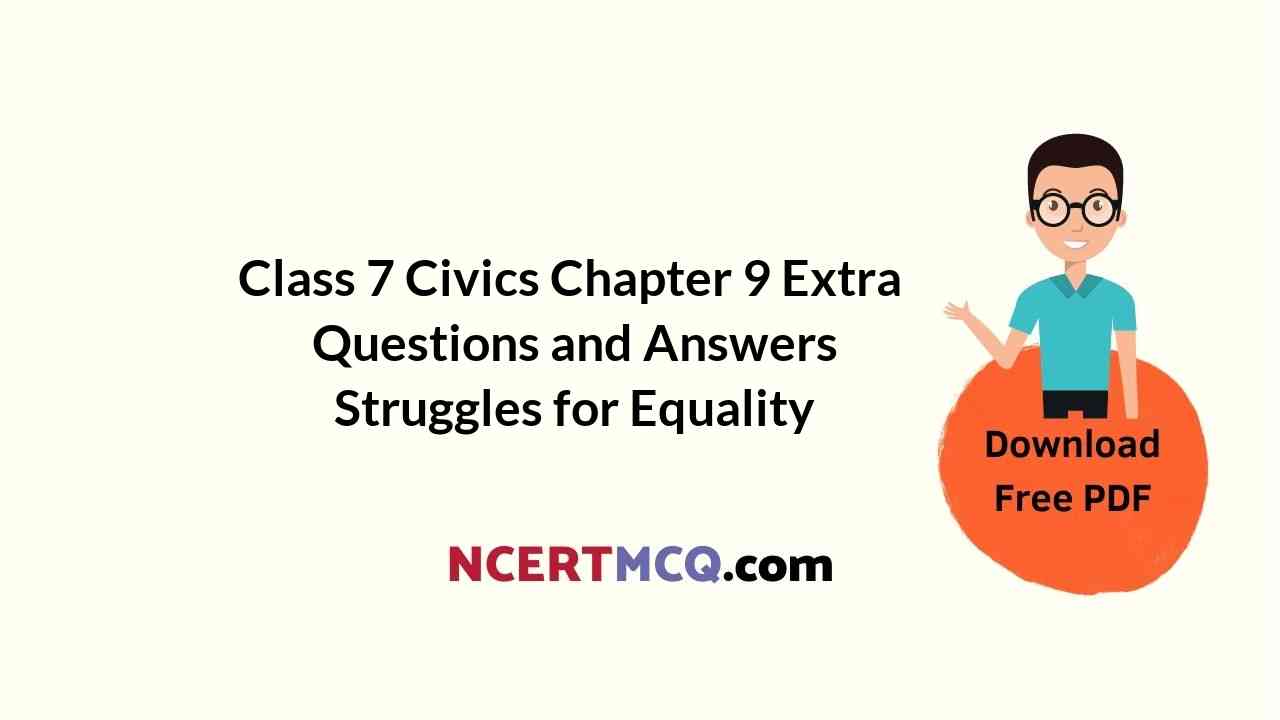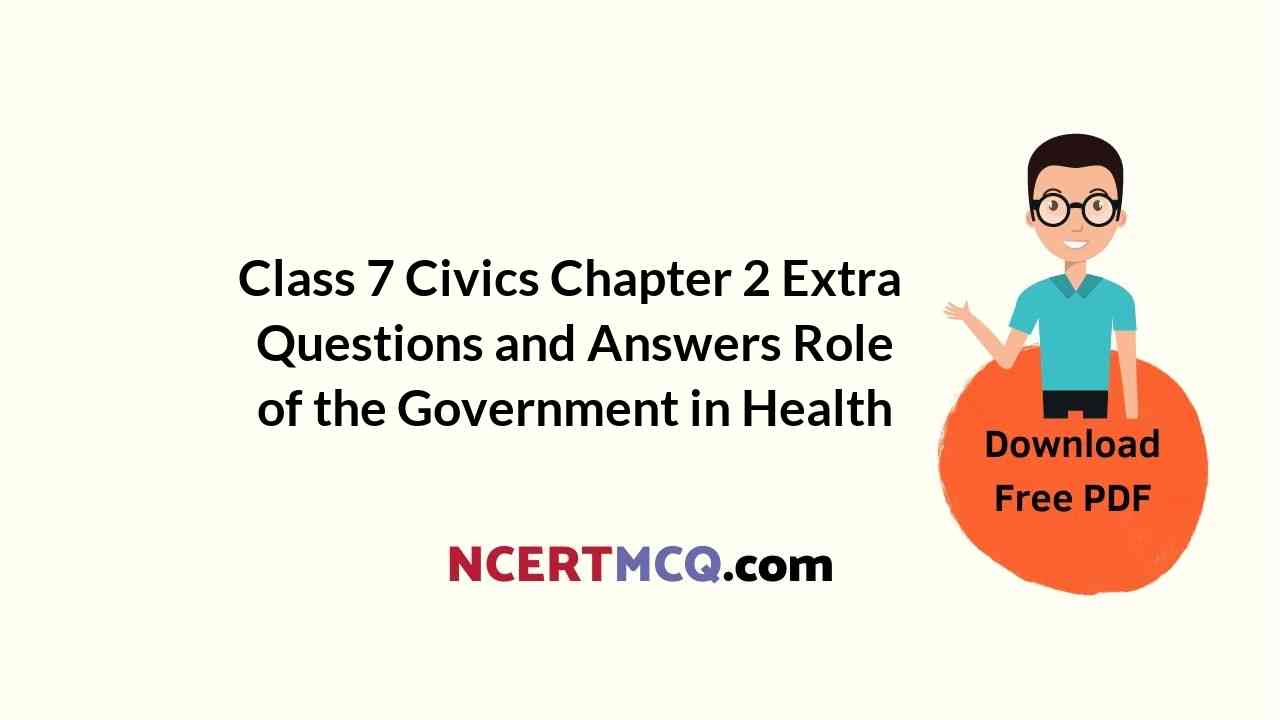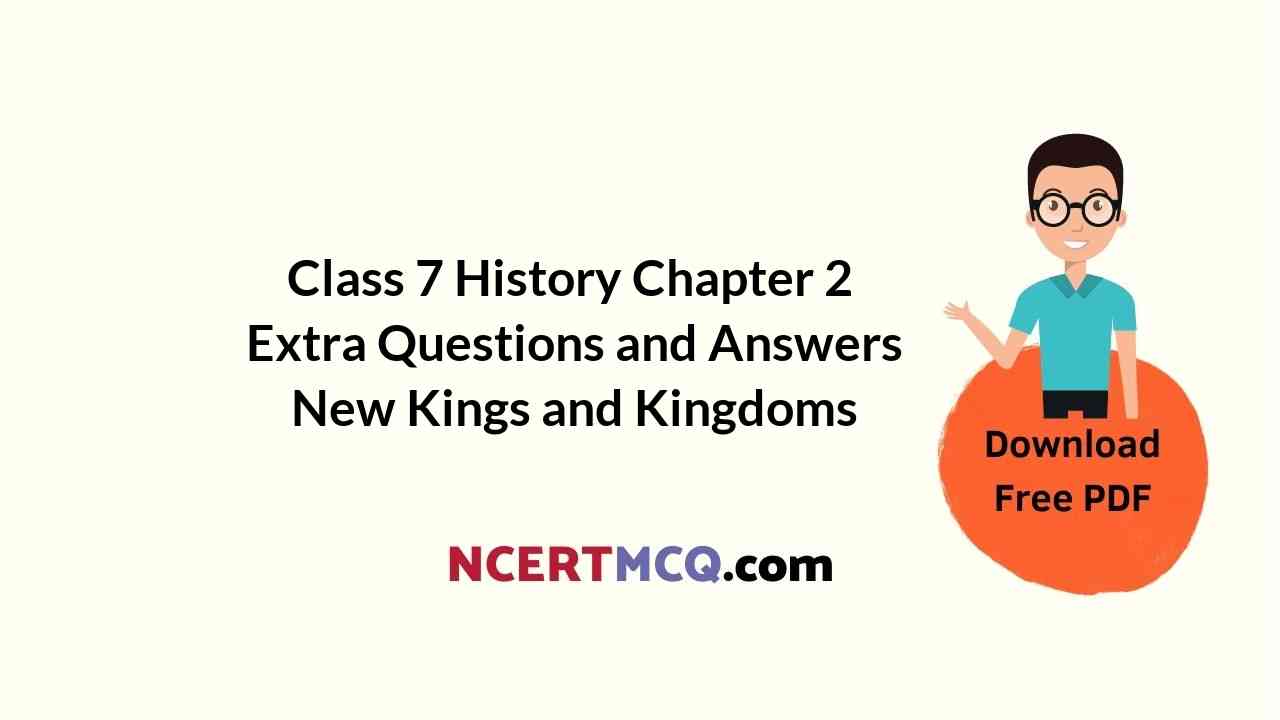Here we are providing Mystery of the Talking Fan Extra Questions and Answers Class 7 English Honeycomb, Extra Questions for Class 7 English was designed by subject expert teachers. https://ncertmcq.com/extra-questions-for-class-7-english/
We have created the most comprehensive Mystery of the Talking Fan Poem Class 7 Questions and Answers. These Questions and Answers are help to score more marks in your board Exams.
Mystery of the Talking Fan Extra Questions and Answers Class 7 English Honeycomb
Mystery of the Talking Fan Extra Questions and Answers Short Answer Type
Mystery Of The Talking Fan Extra Questions Question 1.
Fans don’t talk, but it is possible to imagine that they do. What is it, then sounds like the fan’s chatter?
Answer:
Yes, we can imagine that fans do talk as poet imagined in the poem but it is not the reality. The chattering sound made by the fan is actually the electrical fault in it because of friction due to not oiling.
Mystery Of The Talking Fan Questions Answers Question 2.
Complete the following sentences.
(i) The chatter is electrical because
(ii) It is mysterious because
Answer:
(i) The fan functions on an electrical motor and the attention to my chatter, noise was being produced by its motor.
(ii) The poet was unable to comprehend what the fan was saying.
Extra Questions Of Mystery Of The Talking Fan Question 3.
What do you think the talking fan was demanding?
Answer:
The talking fan was demanding for oiling its little whirling motor.
Mystery Of The Talking Fan Class 7 Extra Questions Question 4.
How does an electric fan manage to throw so much air when it is switched on?
Answer:
The electric fan manages to throw so much air when it is switched on as it gets huge amount of power from electricity to rotate its whirling motor as well as the metallic blade so fast.
Mystery Of Talking Fan Questions Answers Question 5.
Is there a ‘talking fan’ in your house? Create a dialogue between the fan and a mechanic.
Answer:
Yes : There is a talking fan in my house, which perhaps requires some oiling.
A : Hi! I just realised that you are a talking fan.
Talking fan : Oh great! finally! I had been waiting for someone to pay attention to my chatter.
A : Why so? I never knew you were trying to seek attention.
Talking fan : Of course, I was. What else am expected to do when nobody worries about my maintenance. My parts in a wretched state. They need some oiling to function smoothly. Else no body is bothered.
Talking fan : Thank you so much. That would indeed be kind
Mystery of the Talking Fan Extra Questions and Answers Reference to Context
Mystery Of Talking Fan Extra Questions Question 1.
Once there was a talking fan
Electrical his chatter.
I could’t quite hear what he said
And I hope it doesn’t matter
Explanation
The poem was given human attributes such as the ability to talk and chatter. The poet calls the fan’s noise an ‘electrical chatter’. The poet is unable to comprehend.
(i) About whom is the poet talk about?
(ii) What does the poet comment on its ‘chatter’?
(iii) Explain ‘electrical his chatter’.
(iv) What does not matter to him?
Answer:
(i) The poet talks about a talking fan.
(ii) The poet called its chatter as ‘electrical chatter’.
(iii) The sound is created by the fan because of its electrical motor.
(iv) He could not quite hear clearly the sound that comes from the fan.
Class 7 Mystery Of The Talking Fan Questions Answers Question 2.
Because one day somebody oiled
His little whirling motor
And all the mystery was spoiled
He ran as still as water.
Explanation
What exactly means and before the poet could succeed in decoding the mystery, somebody oiled its motor. Ever since, it functioned in such a smooth manner that no noise could be heard. The ‘talking fan’ fell silent.
(i) What is the rhyming scheme in the poem?
(ii) What is the impact of oiling in the fan?
(iii) What is ‘Whirling motor’?
Answer:
(i) The rhyming scheme is ahab in the poem.
(ii) The oiling of the fan will help in its smooth movement.
(iii) Rotating movement of motor.
